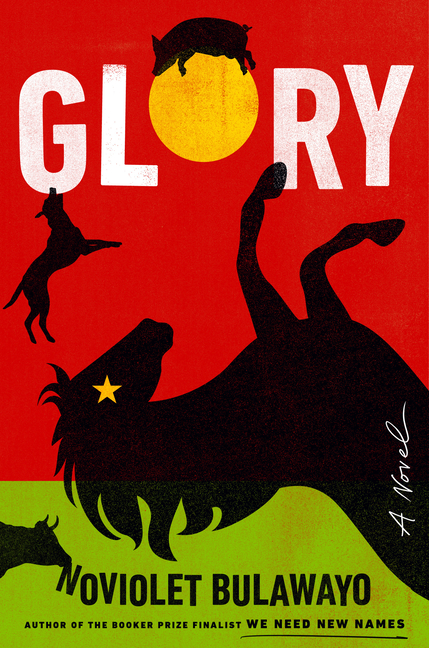Early on in NoViolet Bulawayo’s manifoldly clever new novel, Glory, she completely removes the vocabulary of 'people' from the story and the language of its characters, who are all animals ... It is a brilliant, 400-page postcolonial fable charting the downfall of one tyrant—whose counterpart here is an elderly horse—and the rise of a new one ... By taking humans out of the equation, Bulawayo eliminates the hierarchies that their presence would impose. She has succeeded in creating the anti-'Babar' ... This is not Animal Farm. Not its remix, nor its translation. Glory is its own vivid world, drawn from its own folklore ... by aiming the long, piercing gaze of this metaphor at the aftereffects of European imperialism in Africa, Bulawayo is really out-Orwelling Orwell. This is a satire with sharper teeth, angrier, and also very, very funny ... This is also a satire in which female characters are not pushed to the margins, but hold the story together ... In its depiction of transgenerational trauma, of the lineages haunted if not extinguished by the Gukurahundi genocide of the 1980s, the novel bears close literary resemblance to Art Spiegelman’s Maus ... If We Need New Names was a call, then Glory is its answer. They paint a country’s past and its present.
Read Full Review >>

